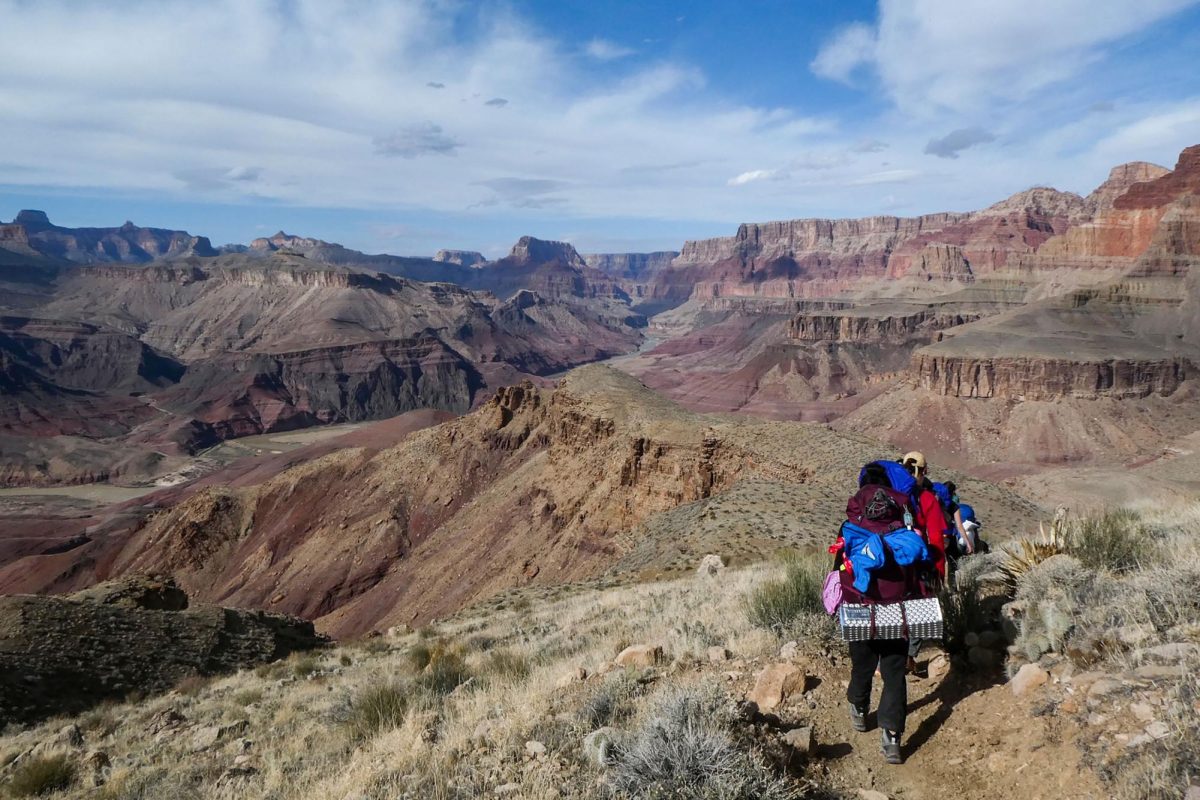Finding stories in war-torn areas and staying safe are difficult tasks to accomplish at the same time, three of the news industry’s top war correspondents said at an event Monday afternoon at the Elliott School of International Affairs.
Washington Post National Editor Rajiv Chandrasekaran, Washington Post staff writer Ann Scott Tyson and New York Times Chief Military Correspondent Michael Gordon told the audience of about 40 that gaining access to military personnel and earning the trust of citizens in Iraq and Afghanistan are two of the toughest challenges they faced.
“[Journalists] all live in a red zone,” said Chandrasekaran, who covered conflicts including the 2003 U.S.-led invasion of Iraq. “We had a house in Baghdad, our neighbors were Iraqis. We had to conceal our presence, hoping nobody would notice the half-dozen foreigners in their neighborhood.”
Chandrasekaran stressed how difficult it was to get civilians to open up about the situations developing around them.
“Prior to the invasion, it felt like the fog of war, you could walk around and speak to various people on different sides of the spectrum,” Chandrasekaran said. “Later, many parts of the city became too dangerous to travel.”
Tyson said that even if she could get civilians to open up to her, assuring that she was safe while in the streets of Iraq and Afghanistan was always a challenge.
“Contact with civilians is such a hurdle when safety is your No. 1 priority,” said Tyson, who has been covering the Iraq and Afghan wars with the Washington Post since 2001. “In these conflicts, reporters are targets. You constantly have to make judgment calls about where you’re going to go and who you’re going to interview for your safety.”
One of the principle challenges was overcoming barriers with the military, which would allow journalists to travel with their units involved in armed conflict.
“Embedding with the military is limiting, you go where they go,” Tyson said. “I had to beg the military police unit driving through Mosul, a city in northern Iraq, to talk to people. Sometimes they would outright not let you go places when things get bad.”
Tyson learned through these experiences that body language often times meant more than the stories her sources would tell her.
“You learn so much more from the body language – the fear in a military commander’s eyes says so much more than his words,” Tyson said.







